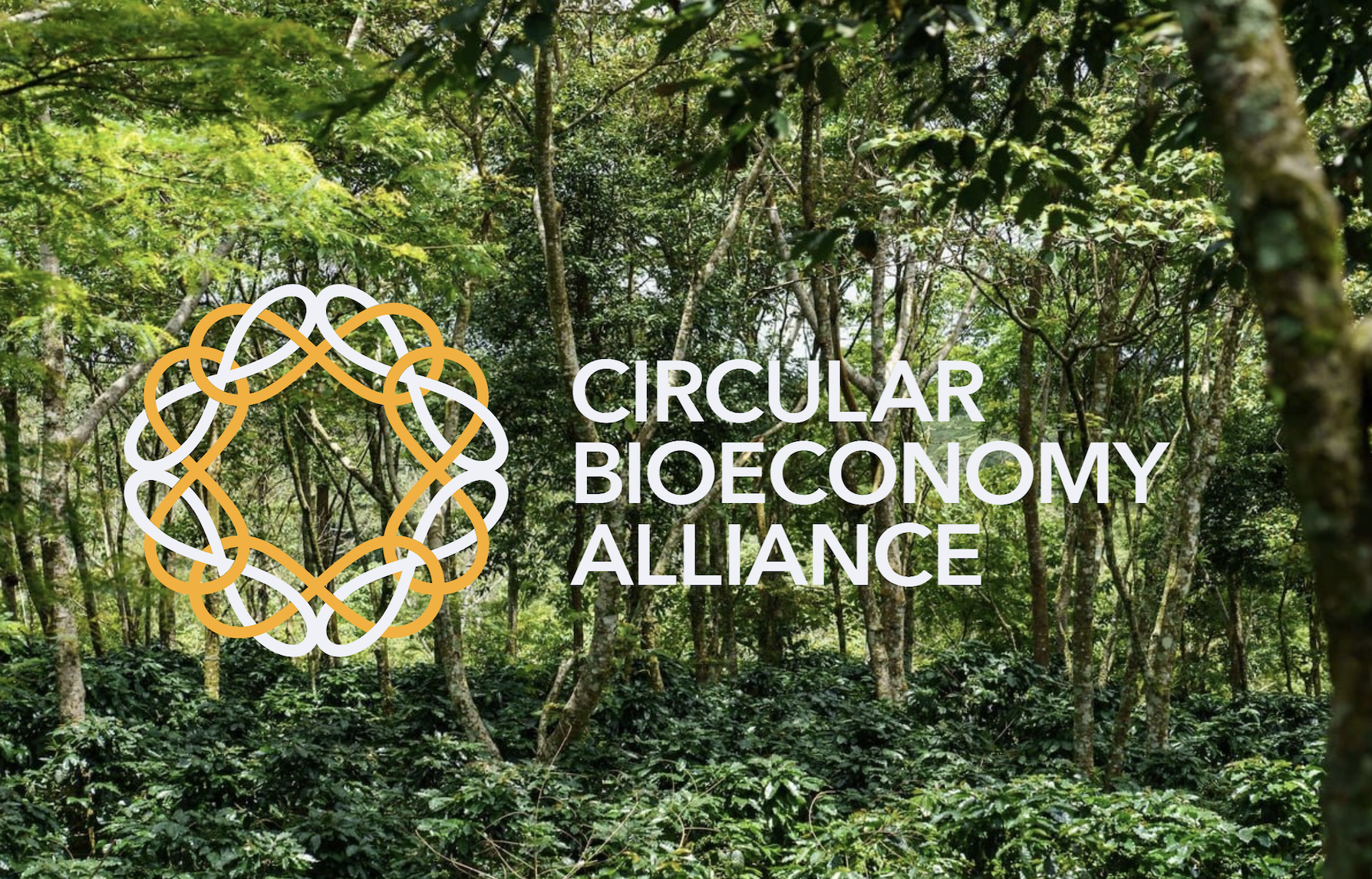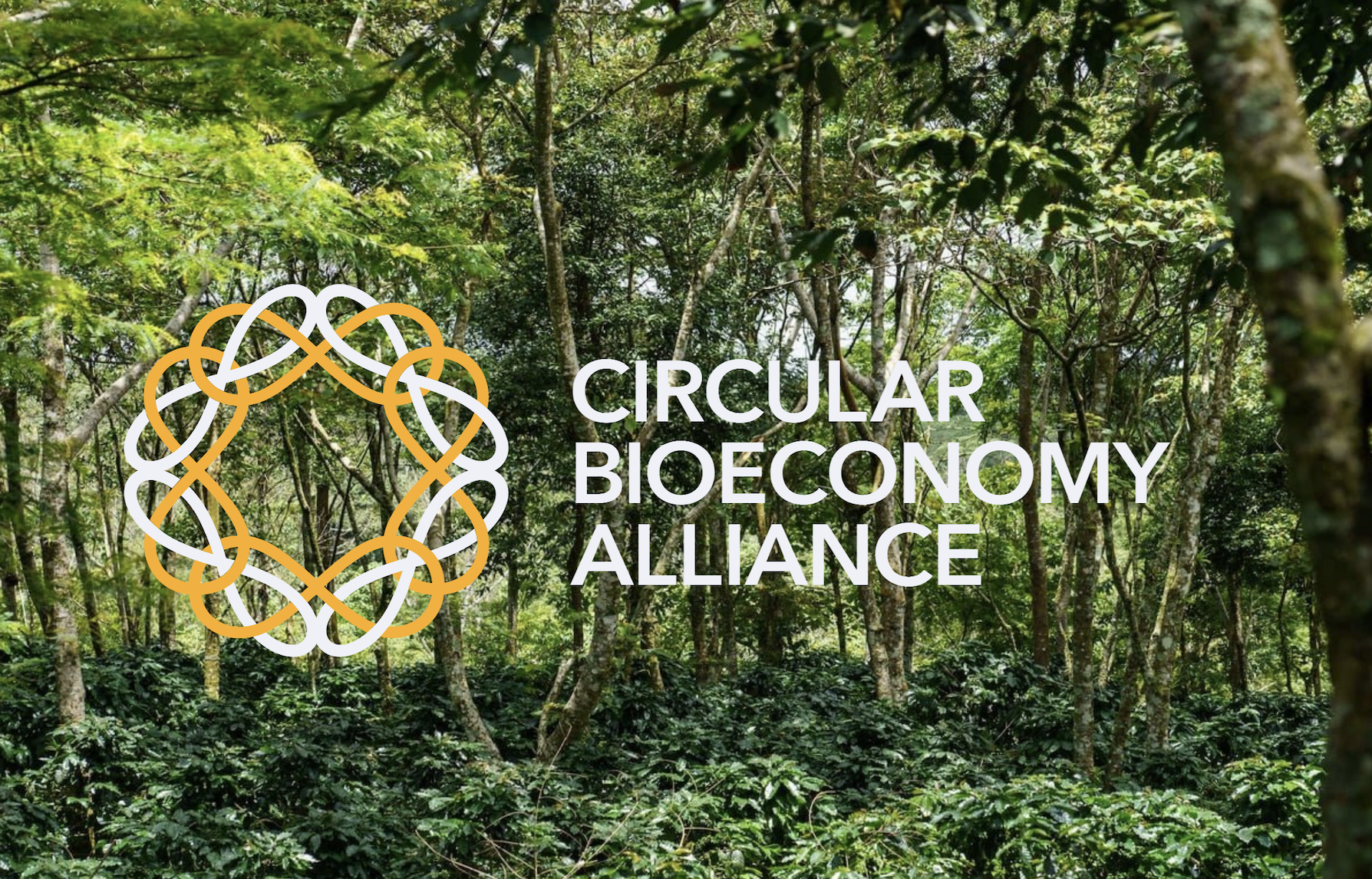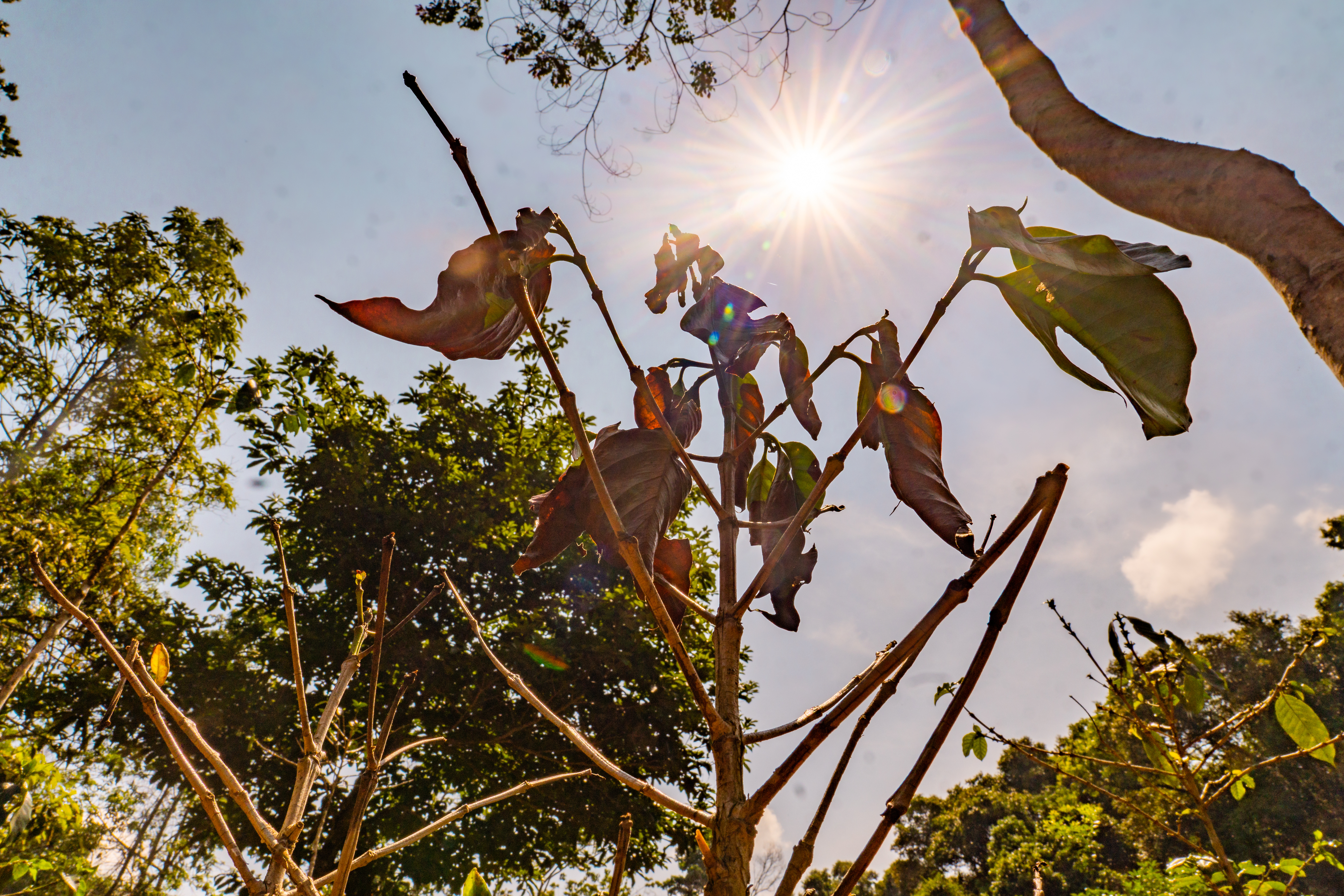Adopting and embracing CBA’s Principles for Regenerative Landscapes
A few years ago, coffee and chocolate were just products. But at Slow, we’re changing the story. We’re not just selling beans and cocoa, we’re...

Slow's regenerative coffee and cacao are now part of the Circular Bioeconomy Alliance. © Slow
Founded by King Charles III, the CBA is a leading platform uniting a diverse coalition of businesses, governments and civil society to accelerate the shift towards a regenerative bioeconomy.
On the ground, Slow is implementing regenerative farming practices with smallholder farmers in Laos, Vietnam and Indonesia. These practices restore degraded landscapes, improve soil health and enhance biodiversity. Our programs provide farmers and their communities with access to training, resources and fair market prices, fostering sustainable livelihoods.
Marc Palahí, CEO of CBA, welcomes Slow: “I am really proud that Slow is a new member of the CBA. We are building a coalition of organisations that collectively can catalyze transformational change in our economy so that it operates in harmony with nature. Slow is a great example of how understanding the ecology of our natural ecosystems can inspire a better economy for people and the planet”
Sebastian Nielsen, CEO of Slow, expressed deep gratitude and enthusiasm in announcing this affiliation: “We are incredibly humbled and excited to join the Circular Bioeconomy Alliance. By aligning with this powerful group of global frontrunners, we are committing to bold aspirations and meaningful change. We look forward to learning, being inspired and showcasing Slow as a true force for positive impact on nature and communities.”
The CBA aims to shift our economic system from one that exploits nature to one that regenerates it. By investing in biodiversity and empowering communities, the CBA is building a future where people and planet thrive.

A few years ago, coffee and chocolate were just products. But at Slow, we’re changing the story. We’re not just selling beans and cocoa, we’re...

For years, coffee prices moved with supply, demand, and speculation. That equation has changed.

Cacao prices are soaring. But does that mean smallholder farmers are cashing in? Not exactly.